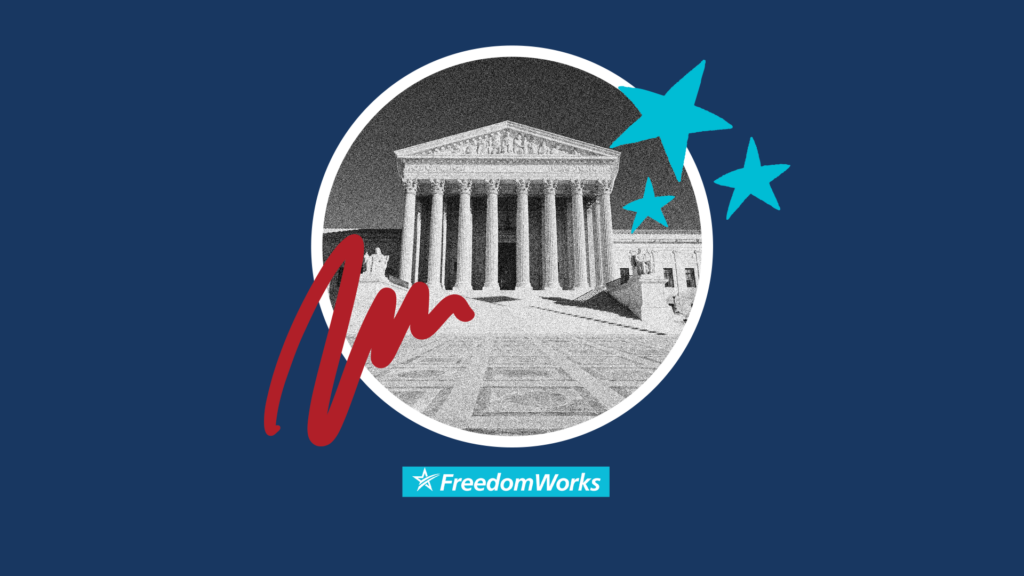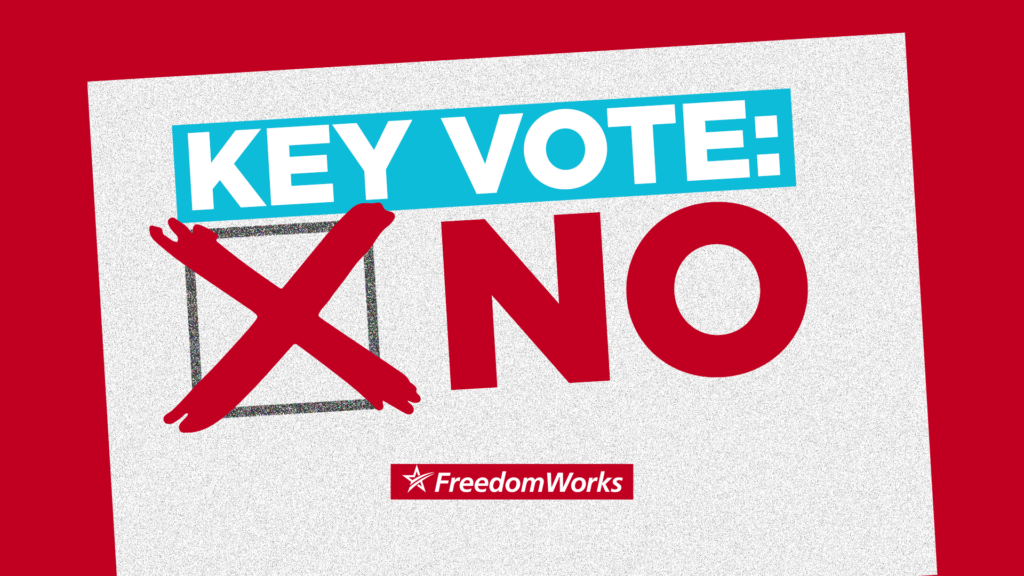Court Rules to Protect Fair Use
The Ninth Circuit Court of Appeals has issued a ruling on the always blurry “fair use” concept in copyright law, that stands to reduce nuisance suits and open new doors for innovation and adaptation.
The basic idea behind fair use is that it’s okay to use portions of a copyrighted work for certain purposes, where the intent is not to profit or to prevent the copyright holder from profiting from their creation. For instance, excerpting portions of a work in order to critique it in a review, or to education a class full of students have generally been protected under fair use, because these uses do not harm the creator or deprive him of the exclusive right to distribute the work.
Of course, in the age of the internet, fair use becomes a lot more complicated. In the case in question, Universal Music issued a request that Youtube take down a video of a toddler dancing to a Prince song, a song to which the company holds the rights. Youtube has a policy of taking down content that violates copyright if a complaint is filed, but in this case the woman who uploaded the video, Stephanie Lenz, decided to fight back. She obtained pro bono legal representation from the Electronic Frontier Foundation and challenged the takedown request in court. The Ninth Circuit Court’s ruling holds that there was nothing wrong with what she did. This should have been pretty clear to everyone involved; the adorable boogeying of a young child obviously poses no threat to Universal’s revenues.
The implications of the decision are far more wide-reaching than a single video, however. The Court’s opinion is that the holders of copyright must consider whether a video constitutes fair use before submitting a takedown notice. If the issuer of such a notice is judged to be acting in bad faith, they can be forced to pay damages for the unnecessary harassment.
Basically what this means is that companies can’t just file blanket demands that everything with even a hint of copyrighted material in it be purged from the web. They have to have a reasonable belief that the content is not covered under fair use law. This is great news for freedom of expression, since Youtube members will no longer have to worry about nuisance complaints over personal videos that are clearly harmless.
Hollywood media companies will surely fight back against the decision, and it seems likely that we will ultimately see a Supreme Court case dealing with fair use and copyright more generally. But for now, this is an encouraging step towards much needed copyright reform. The laws that were designed to protect innovation have instead become a tool of big business to squash competition and stifle creativity. It’s time for reform, and the Ninth Circuit’s decision affirms that.




